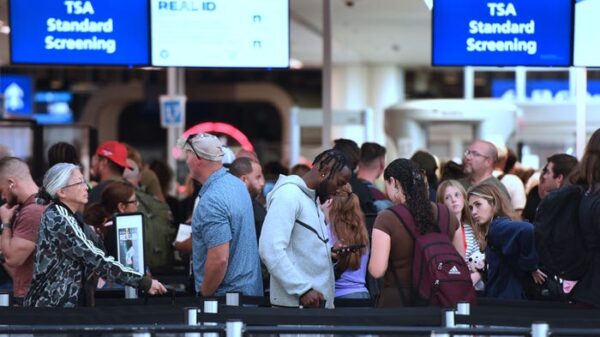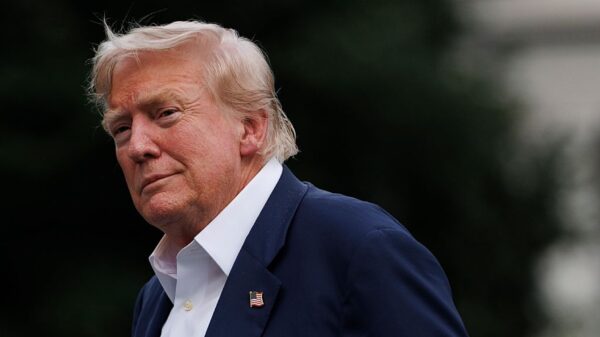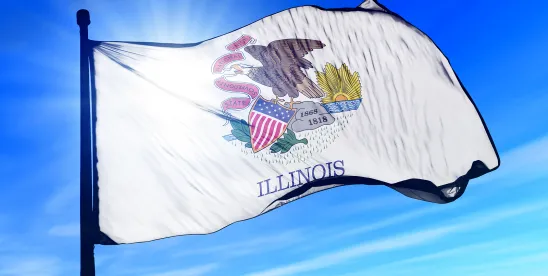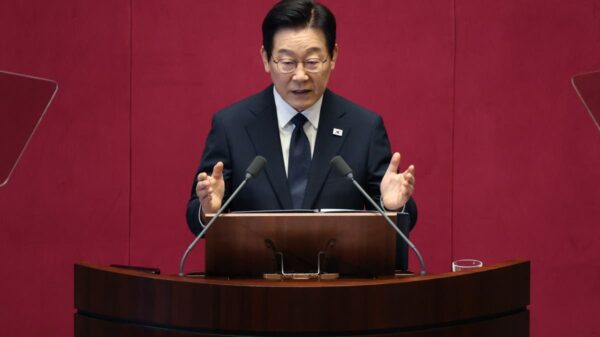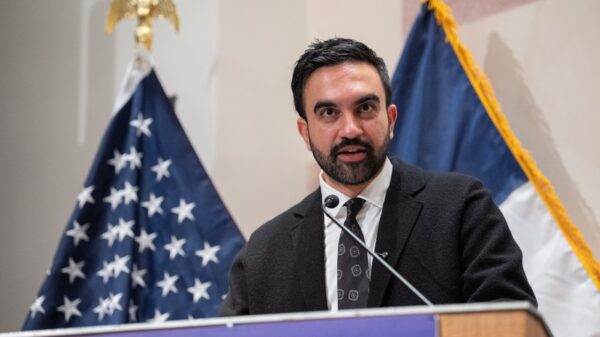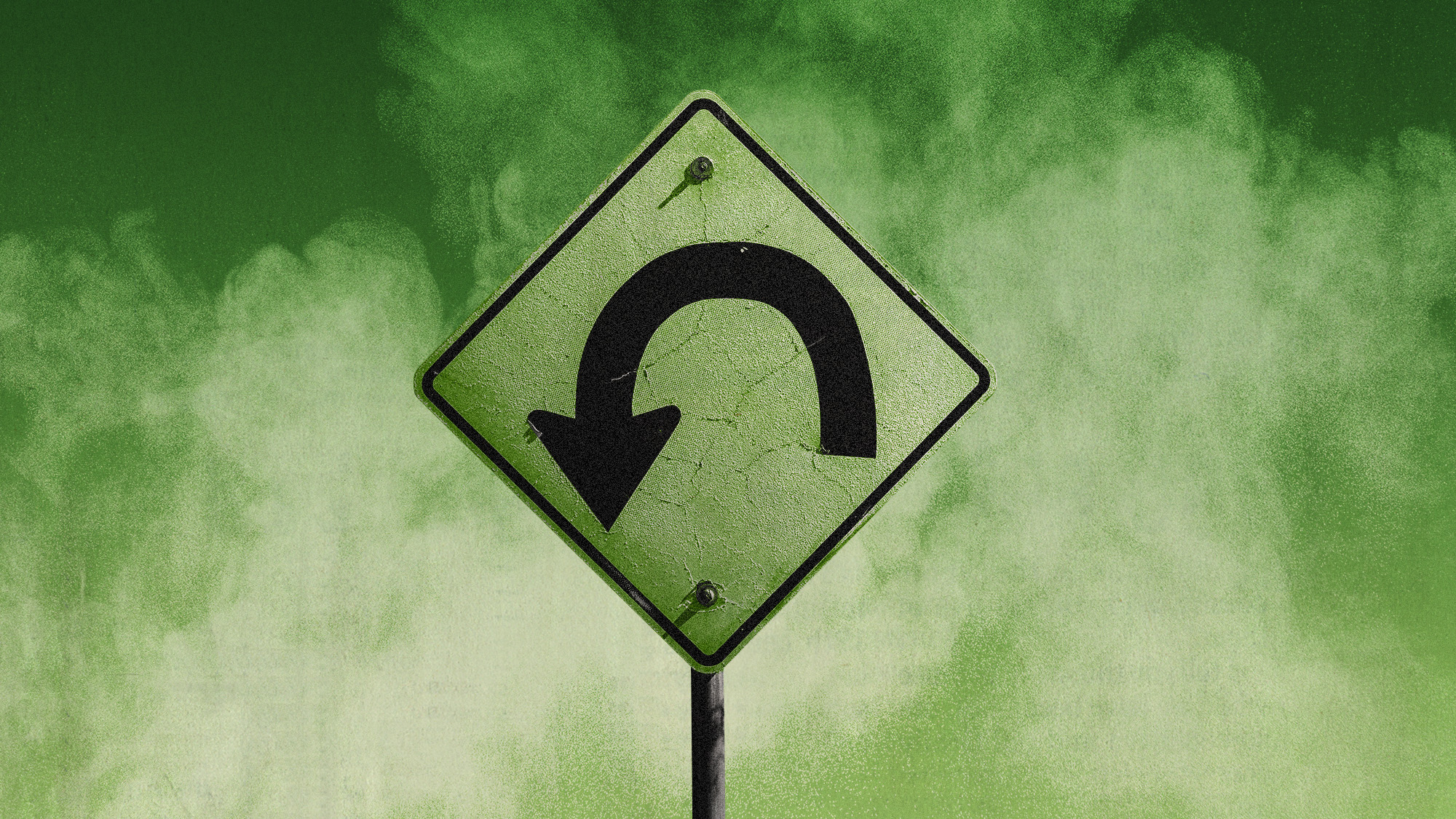UPDATE: Thailand has just announced a major reversal in its cannabis policy, moving to reclassify cannabis as a controlled substance, which significantly impacts its burgeoning $1 billion industry. The government’s decision comes as officials aim to curb rampant drug smuggling and protect children from potential harm.
The new regulations, confirmed earlier today, mandate that citizens now require a doctor’s prescription to purchase cannabis, effectively restricting its use to medical purposes only. This shift represents a drastic change from the country’s previous stance as the first in Asia to decriminalize cannabis in 2022, which had fueled a tourism boom and created approximately 11,000 registered cannabis dispensaries across Thailand.
Authorities cite the need to combat international drug trafficking as a key reason for the crackdown. Reports indicate that a surge of Thai cannabis is being smuggled into countries like the UK, leading to increased scrutiny at international meetings. In 2024, the National Crime Agency intercepted 800 couriers carrying 26 tonnes of Thai cannabis, a significant spike from just five tonnes in 2023.
Critics, including industry advocates, warn that this sudden shift could devastate small cannabis businesses, many of which are now scrambling to comply with the new rules. “Most of the registered shops will shut down,” said Natthakan Punyathanaworakit, a dispensary owner. Concerns are growing that the changes will deter tourists and drastically impact profits, with many fearing that only larger corporations will withstand the stringent new regulations.
The Thai government’s decision to roll back its cannabis policies comes amid political turmoil. The Bhumjaithai Party, which was instrumental in legalizing cannabis, recently withdrew from the ruling coalition, allowing the Pheu Thai party to pursue its agenda of restricting cannabis use. This has led to a public sentiment shift; a recent poll revealed that more than 60% of Thais now support reclassifying cannabis as a narcotic.
As the government pushes forward with these regulations, communities in Thailand’s northern regions, known for their cannabis cultivation, are preparing for significant economic hardship. Many fear that the “weed wild west” atmosphere, characterized by a lack of regulation, will be replaced by a stifling environment that could lead to underground operations.
This unfolding situation highlights the complexities of cannabis legalization and the delicate balance between regulation and economic opportunity. As the government prepares to enforce these new rules, the future of Thailand’s cannabis industry hangs in the balance.
Stay tuned for further updates on this developing story as the implications of these changes resonate throughout the country.



